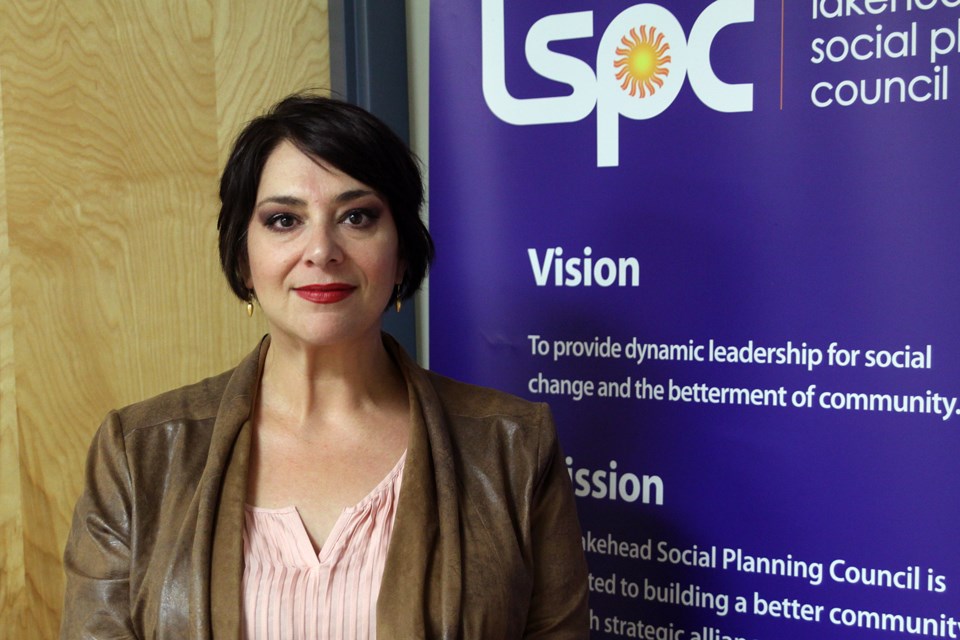THUNDER BAY – The decision to freeze Ontario’s minimum wage instead of proceeding with a previously promised $1 an hour increase will lead to more people living in poverty, a local poverty reduction advocate warns.
The Progressive Conservative provincial government on Wednesday confirmed it will be keeping the minimum wage at its current rate, fulfilling a campaign promise by Premier Doug Ford to pump the brakes on their predecessor’s commitment to have a $15 per hour rate going into effect at the start of next year.
Bonnie Krysowaty, a social researcher with the Lakehead Social Planning Council, said while the $14 an hour rate seems like enough money, that planned jump could have been enough to lift individuals and families out of poverty.
“If you talk to people with lived experience like those that were expecting that $1 minimum wage increase or were receiving a basic income through the pilot project, the devastating stories for these individuals,” Krysowaty said.
“We need to really examine what’s happening to people individually as opposed to across the board. It might seem okay to still give people $14 an hour but when you talk to people and find out how that’s actually affecting them you see it’s creating poverty so it is a step backwards.”
The increase, which was scheduled to come into effect on Jan. 1, 2019, was supposed to be the second piece of a raise promised by the former Liberal government that would have brought minimum wage to $15, from the previous $11.40. The first raise, which has brought the wage to $14 an hour, began at the start of this year.
Krysowaty said the decision to halt the increase could lead those who were expecting the extra dollar an hour to have distrust and feel like they can’t count on the government.
The change of course also ignores the other anticipated impacts of reducing poverty, Krysowaty added.
“Those promises were made with the intent to help bring people out of poverty and also as cost saving measures too,” Krysowaty said. “If we don’t see that happen, we can expect that poverty will increase and that those cost preventing measures won’t take place. Costs will rise. The cost of poverty will rise for all of us.”
The Ford government had already announced it would wind down the basic income pilot project for which Thunder Bay was one of the four test sites.
Thunder Bay Chamber of Commerce president Charla Robinson, who had been outspoken about the province going ahead with such a significant raise in a short amount of time, said it’s good for businesses to have a pause.
Robinson said the business community recognizes that minimum wage shouldn’t be kept at $14 an hour, but changes should be made in a way that employers and employees both know what to expect.
“We are hoping that this government will look at going back to the system that was originally in place that did provide a regular process so this doesn’t become political again,” Robinson said. “We want to make sure that we have a regular process that is aligned to the inflation rate.”
The government in 2014 had tied future minimum wage increases to the consumer price index, before breaking that formula last year to introduce the 33 per cent increase.
Not having to prepare for another increase can allow businesses to look ahead with a more stable projection of their wage expenses, she added.
“This at least allows them to really have a better understanding of the next 12 months and what they’re looking at for wage costs so that they can really start an appropriate budgeting planning process for next year,” Robinson said.
“Potentially that will allow them to return to some of the investment plans they had before this significant change happened. Hopefully that will help to drive some hiring.”
